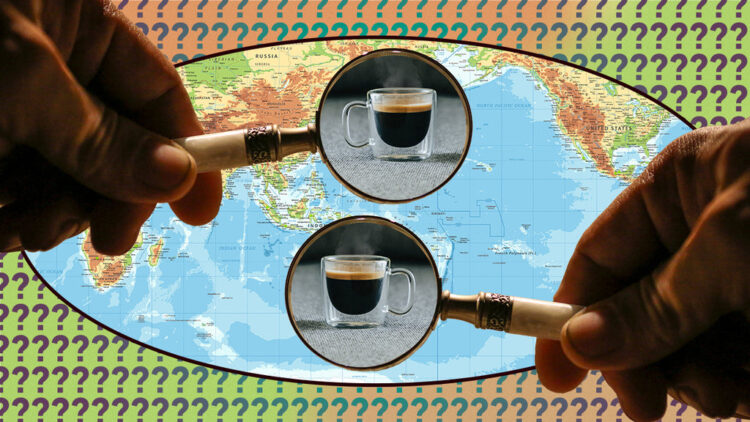FRC Group Member
Aug 14, 2023
Are single origin coffees really “higher” than blends?
By Matthew Hill for Excellent Day by day Grind
“Specialty espresso’s fixation on single origin coffees has turn into an increasing number of pronounced. In addition to the notion of upper high quality, transparency and traceability have turn into more and more vital for customers – individuals now need coffees which have a “story” behind them. Nonetheless, lately, blends have made one thing of a comeback. At earlier World Barista Championships, we’ve got seen an increasing number of opponents use blends as a part of their routines.”
German Espresso Affiliation Completes Espresso Extraction Analysis
By Day by day Espresso Information
“The German Espresso Affiliation (Deutscher Kaffeeverband) and a distinguished German meals science nonprofit have revealed preliminary outcomes of a three-year analysis undertaking on espresso extraction. Whereas at the moment solely revealed in German, the outcomes have led to a brand new ‘Espresso Brewing Management Chart.’”
Why does consuming an excessive amount of espresso trigger caffeine “jitters”?
By Melina Devoney for Excellent Day by day Grind
“It is an all too acquainted expertise for these of us who’ve drank an excessive amount of espresso: shaky fingers, a speedy coronary heart charge, and an underlying sense of tension. These uncomfortable side effects are sometimes the results of consuming excessive ranges of caffeine – therefore the time period caffeine ‘jitters’. For a lot of trade professionals (and even customers), consuming and tasting espresso is a part of their every day routines, making it considerably unavoidable. Nonetheless, many individuals additionally need to regulate their caffeine consumption – particularly those that are notably delicate to this stimulant.”
How Chinese language espresso consumption is pushed by expertise
By Matt Haw for newGround
“China’s espresso market has been rising quickly over the previous few years and is now thought-about a benchmark for any rising coffee-consuming nation. In that point, Chinese language espresso consumption has gone via many phases. ‘Within the nineties, espresso was marketed in China as an reasonably priced luxurious,’ says Stuart Eunson, managing director of Arabica Espresso Roasters in Beijing. This continued into the 2000s, as international espresso manufacturers entered the Chinese language market and commenced to determine a coffee-drinking tradition. From 2006 to 2016, Chinese language espresso consumption grew at an annual common of twenty-two%.”


